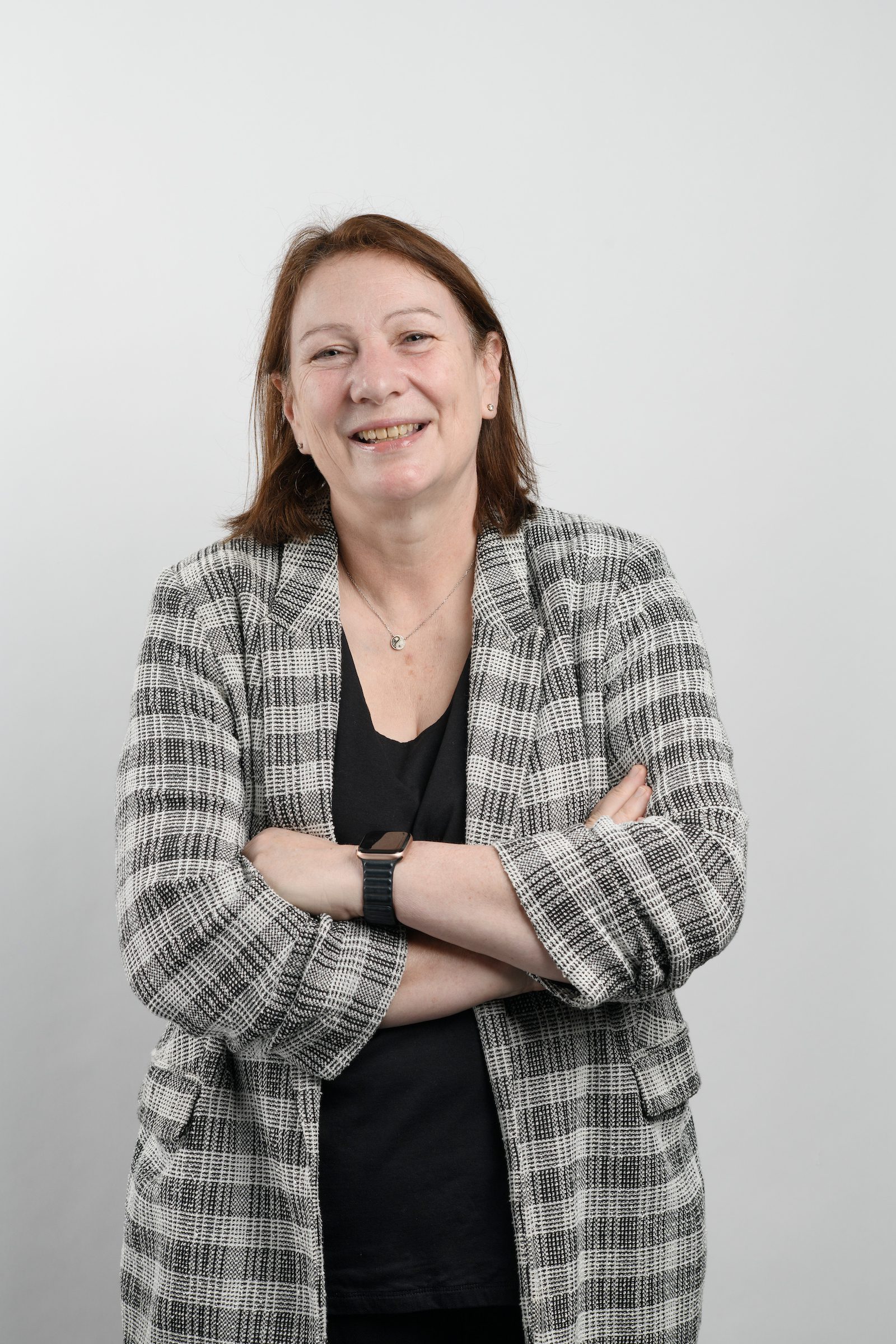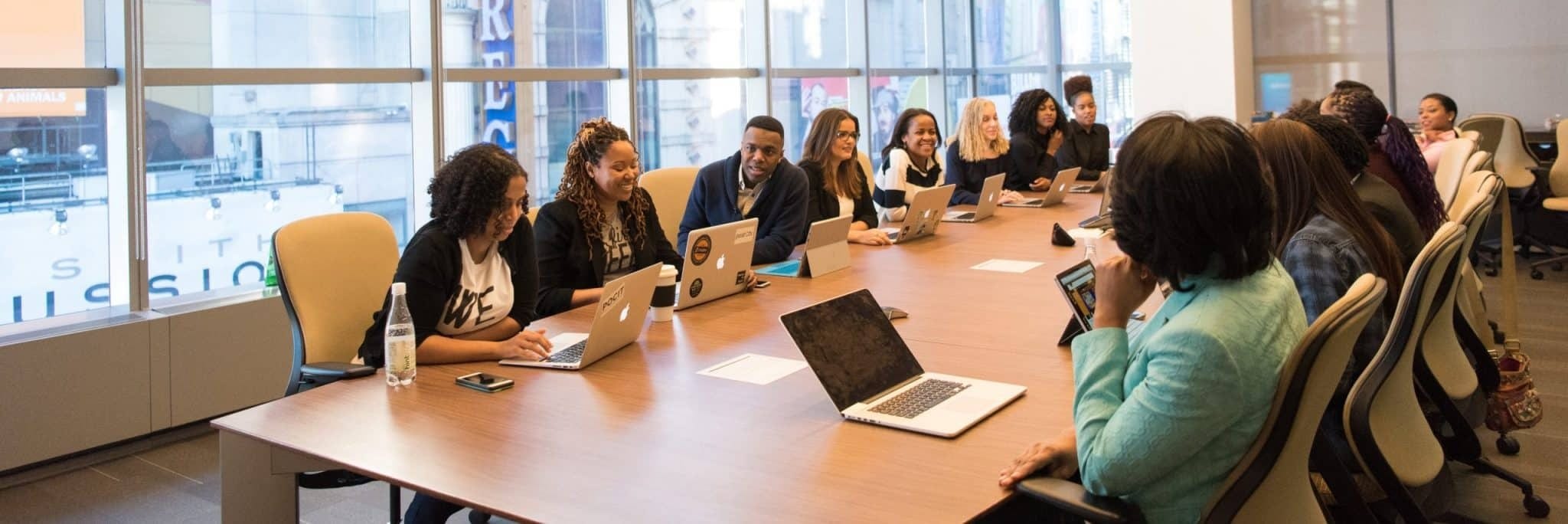

Francesca Lagerberg, CEO of Baker Tilly International, takes a leaf from the Medici family via The Rest is History, arguing that it is vital to remember the huge contribution of accountancy to the fabric of society and the importance of attracting the brightest and best people.
Many of you will be fans, as I am, of The Rest is History podcast. Tom Holland and Dominic Sandbrook can make even the driest subject appear fascinating and relatable to a wide audience – a remarkable skill.
Imagine my delight when, in their recent episodes of the rise of the Medici family in Florence, speaking about the importance of accountancy to the creativity and success of the state in late Medieval Europe, Sandbrook said: ‘No accountancy, no culture.’ He was right of course.
This was a simple and powerful reminder of how fundamental financial systems and the accountancy framework that underpins them are to enabling creativity and progress. And one that is not celebrated enough in my opinion.
For centuries, innovation has been the engine of human progress, pushing the boundaries of what's possible in art, science and technology. Without a robust financial system to drive that process along, progress often withers on the vine.
After all, accountancy is far more than just a transactional tool. To make that progress happen, it often plays the role of the facilitator of groundbreaking advancements.
The Medici family was transformative for Florence – and beyond – during the Renaissance. Their patronage of artists, architects, and scientists wasn’t simply an act of generosity, it was the result of a revolutionary approach to managing money. The Medicis pioneered sophisticated financial processes that allowed them to accumulate and strategically deploy capital on an unprecedented scale. There were plenty more controversial aspects to this family but let’s stay with the money!
This financial acumen provided the bedrock for masterpieces like Michelangelo’s David, Brunelleschi’s dome, and the scientific inquiries of Galileo. Without their innovative financial mechanisms, much of the Renaissance’s artistic and scientific output would never have exploded in the way that it did.
Moving closer to home in London, while the concept of double-entry bookkeeping first appeared in England in the 16th century, it was not until two centuries later when the Industrial Revolution took place, first in Great Britain and then across the rest of the world, that it would become standard practice.
The Industrial Revolution would have never taken place without developments in accounting to cope with a massive increase in the volume of financial transactions. The end of the 18th and early 19th century also saw the beginnings of the audit profession and the first firms and institutes to reinforce that confidence in the accuracy of numbers.
Trust and transparency
That trust, accuracy and transparency that company owners and shareholders of the Industrial Revolution required in a set of financial statements is still at the heart of business in 2025. Many companies will be using an external accountant to review and check their financial statements, and they will also be looking to the value add that can be obtained from an expert in this field.
There will always be the need for accountancy to evolve and be at the forefront of change. There is currently a huge amount of noise and discussion inside and outside the profession about artificial intelligence (AI). As the CEO of a global accounting network of nearly 50,000 people, I’m aware that AI has the capacity to provide great opportunities for us all while, on occasion, causing concern for others.
There is no doubt that AI could lead to a different analytical approach to audit work, as well as having a dramatic impact on other service lines. There will be a focus on more high-end, value-added work as better, more intuitive technology takes on more automated tasks. What remains constant is the need for strong analytical skills and judgement.
Brightest and best
Something that has been consistent throughout the history of the accounting profession since the Middle Ages is the need to attract the brightest and the best to become accountants. And once they are through the door, we must do all we can to hold onto them with a supportive and engaging work environment.
This involves fostering a culture where employees feel valued, supported, and able to develop their careers. For those who want a work-life with stretch opportunities and an ability to keep on learning from early days through to retirement, accounting remains a strong option.
This is all part of the continued need to promote the value of accountancy as a great profession with a long history of innovation that sits at the heart of business and our wider lives. Let’s be bolder in our celebration. ‘No accountancy, no culture’ indeed.
First published in Business & Accountancy Daily on 18 July 2025 – No accountancy, no culture | Business & Accountancy Daily


